When President Bola Ahmed Tinubu decorated the newly appointed Service Chiefs at the Presidential Villa, Abuja, it was more than a ceremonial change of command, but a clear and uncompromising charge to defend the nation, restore citizens’ confidence in the Armed Forces, and deliver tangible results in the fight against insecurity. From General Olufemi Oluyede as Chief of Defence Staff to Lieutenant General Waidi Shaibu as Chief of Army Staff; Vice Admiral Idi Abbas as Chief of Naval Staff; and Air Marshal Sunday Kevin Aneke as Chief of Air Staff, as well as Lieutenant General Emmanuel Undiandeye as Chief of Defence Intelligence, Chiemelie Ezeobi writes that this new military leadership faces a defining litmus test that would challenge their strategy, unity, and resolve in an era of complex security challenges
Nigeria’s security challenges are as diverse as they are complex. From the insurgency in the North-East, banditry in the North-West, and farmer–herder conflicts in the Middle Belt, to separatist agitations and oil theft in the South, every day, the Armed Forces face a multidimensional battlefield.
Even beyond kinetic operations, they also confront the deeper issues of intelligence coordination, troop morale, and inter-agency synergy, which was why President Bola Ahmed Tinubu’s decision to appoint new Service Chiefs marked a major shake-up in Nigeria’s military leadership, signalling a renewed drive to address the nation’s persistent security challenges.
Thus, the president approved the retirement of the former Chief of Defence Staff, General Christopher Musa; Chief of Naval Staff, Vice Admiral Emmanuel Ogalla, and Chief of Air Staff, Air Marshal Hassan Abubakar, while he retained the Chief of Army Staff, Lieutenant General Olufemi Oluyede.
While Oluyede ascended to become the Chief of Defence Staff, Lieutenant General Waidi Shaibu was made Chief of Army Staff; Vice Admiral Idi Abbas as Chief of Naval Staff, and Air Marshal Sunday Kevin Aneke as Chief of Air Staff.
The President’s Charge
When President Bola Ahmed Tinubu decorated the newly appointed Service Chiefs at the Presidential Villa, Abuja, last Thursday, he gave them a clear, uncompromising charge: to justify the confidence reposed in them by restoring public confidence in the Armed Forces and safeguarding Nigeria’s territorial integrity.
President Tinubu called for total loyalty, courage, and commitment from the new Service Chiefs, promising government support but insisting on results in security, unity, and professionalism, just as he warned that security threats were evolving, citing the rise of new armed groups in the North-Central, North-West, and South, and urged the military to act decisively and proactively to stop them early.
He also charged the Service Chiefs to show patriotism, innovation, and courage, use technology effectively, and ensure the insecurity that began in 2009 is finally brought to an end.
GENERAL OLUFEMI OLUYEDE: Building a Stronger and United Defence Force
As Chief of Defence Staff, General Olufemi Oluyede stands at the apex of Nigeria’s military hierarchy with the critical mandate to harmonise the operations of the three Services and ensure jointness in planning and execution. His leadership marks a new phase in the Armed Forces’ evolution, one focused on intelligence, technology, and welfare reform.
At the handover ceremony in Abuja, the new CDS emphasised that intelligence gathering, information sharing, and joint operations will form the backbone of the recalibrated defence posture under his leadership, just as he vowed to leverage research, capacity-building, and technology to enhance situational awareness, operational foresight, and early threat detection.
Equally, General Oluyede underscored that troop welfare remains central to operational effectiveness. He pledged to advocate improved housing, medical care, and training opportunities for personnel and their families.
LIEUTENANT GENERAL WAIDI SHAIBU: Leading a More Professional, Combat-ready Army
For Lieutenant General Waidi Shaibu, the 25th Chief of Army Staff, the burden of expectation is immense. The Nigerian Army, the largest service, is the face of the nation’s counter-insurgency and peacekeeping efforts. Years of relentless engagements have stretched the force thin, and General Shaibu inherits a structure in need of reorganisation, fresh equipment, and renewed discipline.
His immediate priority will be consolidating gains in the North-East, where terrorist cells continue to regroup in remote enclaves, while also tackling banditry and kidnapping that have crippled rural communities in the North-West. He must sustain offensive momentum while protecting civilian populations at the same time.
But beyond combat, Nigerians expect the Army to improve its relationship with the people. Allegations of human rights abuses and strained civil–military relations have often tainted its image. General Shaibu’s approach to accountability, training, and public communication will determine whether he can truly restore the Army’s moral authority.
He is also expected to enhance collaboration with other security agencies and regional partners, recognising that insecurity in Nigeria often transcends borders. His success will depend on how effectively he transforms the Army into a more agile, intelligence-driven, and community-conscious force.
So upon assumption of office, he did so with a firm resolve to confront terrorism, insurgency, and other security threats head-on, adding that the NA under his watch would respond decisively and effectively to all emerging threats.
The new Army Chief pledged to make the Nigerian Army more agile, professional, and combat-ready, vowing to build on the gains achieved under his predecessor, particularly in equipment procurement, infrastructure development, and troops’ welfare. He also committed to deepening the “soldier-first” philosophy introduced by General Oluyede, while entrenching professionalism, discipline, and closer synergy with other security agencies.
VICE ADMIRAL IDI ABBAS: Safeguarding Nigeria’s Maritime Domain, National Prosperity
The Nigerian Navy under Vice Admiral Idi Abbas faces a task that goes beyond military operations, but also tied to national economic survival. With billions lost annually to oil theft, illegal bunkering, and piracy, Admiral Abbas’ leadership must consolidate the gains achieved under Operation Delta Sanity and strengthen maritime domain awareness.
Nigeria’s blue economy is the new frontier of national growth, and securing it means more than patrolling the creeks; it requires strategic presence in the Gulf of Guinea, improved inter-agency collaboration and smarter use of technology such as satellite surveillance and unmanned vessels.
Admiral Abbas must also push forward naval modernisation, ensuring that newly acquired platforms and vessels are effectively deployed and maintained. Personnel training, discipline, and welfare must remain central to sustaining operational readiness. The success of his tenure will be measured not only in reduced maritime crime but in how much confidence he restores in Nigeria’s maritime institutions.
So upon his appointment, he identified crude oil theft, sea robbery, illegal bunkering, Illegal, Unreported and Unregulated (IUU) fishing, and drug trafficking as major threats to Nigeria’s maritime security and economic stability.
To confront these challenges, Admiral Abbas outlined a strategic agenda anchored on strengthening maritime security, fleet renewal, and inter-agency cooperation, adding that “the maritime domain is the lifeline of our economy, and under my watch, the Nigerian Navy will remain a professional and accountable institution, fully committed to safeguarding it for national prosperity”.
AIR MARSHAL SUNDAY KEVIN ANEKE: Strengthening Nigeria’s Air Power
In an era of asymmetric warfare, the role of air power is decisive. Air Marshal Sunday Kevin Aneke, as Chief of Air Staff, carries the responsibility of maintaining air superiority while supporting joint operations across all theatres. The Nigerian Air Force (NAF) under his command must continue to modernise its fleet and improve precision strike capabilities.
Beyond hardware, the Air Chief must prioritise pilot training, aircraft maintenance, and the localisation of technical expertise to reduce dependence on foreign contractors. His leadership will also be tested in humanitarian and civil support operations, where the NAF has played key roles in medical outreach, disaster response, and evacuation missions.
Air Marshal Aneke is expected to strengthen intelligence, surveillance, and reconnaissance (ISR) capabilities, ensuring timely support for ground and maritime operations. In doing so, he will help turn the Air Force into not just a supporting arm but a strategic pillar of national defence, just as he underscored his determination to transform the NAF into a force defined by precision, innovation, and strategic agility.
Stressing that his leadership vision is anchored on training, technology, safety, and strategic innovation, emphasising that “true military power is not measured by brute force but by superior intellect and adaptability”, he vowed that the NAF will deepen its role in joint operations through enhanced intelligence, surveillance, and reconnaissance (ISR) capabilities, while investing in pilot training, aircraft maintenance, and indigenous technological development.
Essentially, he placed a premium on professionalism, air safety, and operational excellence, ensuring that the Air Force remains both a strategic deterrent and a vital enabler in the nation’s fight against terrorism and other security threats.
A Collective Front
For the CDS and new Service Chiefs, their individual successes will depend on collective strength. The threats Nigeria faces are interconnected, and so must be their solutions.
Therefore, it is pertinent that the Armed Forces must speak and act as one while being driven by professionalism, joint planning, and a renewed sense of purpose, which was why President Tinubu’s charge was both a reminder and a warning: the time for excuses has passed because Nigerians yearn for peace, stability, and renewed trust in the men and women who wear their nation’s uniform.
Now bearing that responsibility, not only to secure the land, sea, and air, but to restore faith in the power of unity and disciplined leadership, the task is clear, their duty sacred, and the nation now looks to them to redefine the country’s military doctrine in the face of evolving threats.



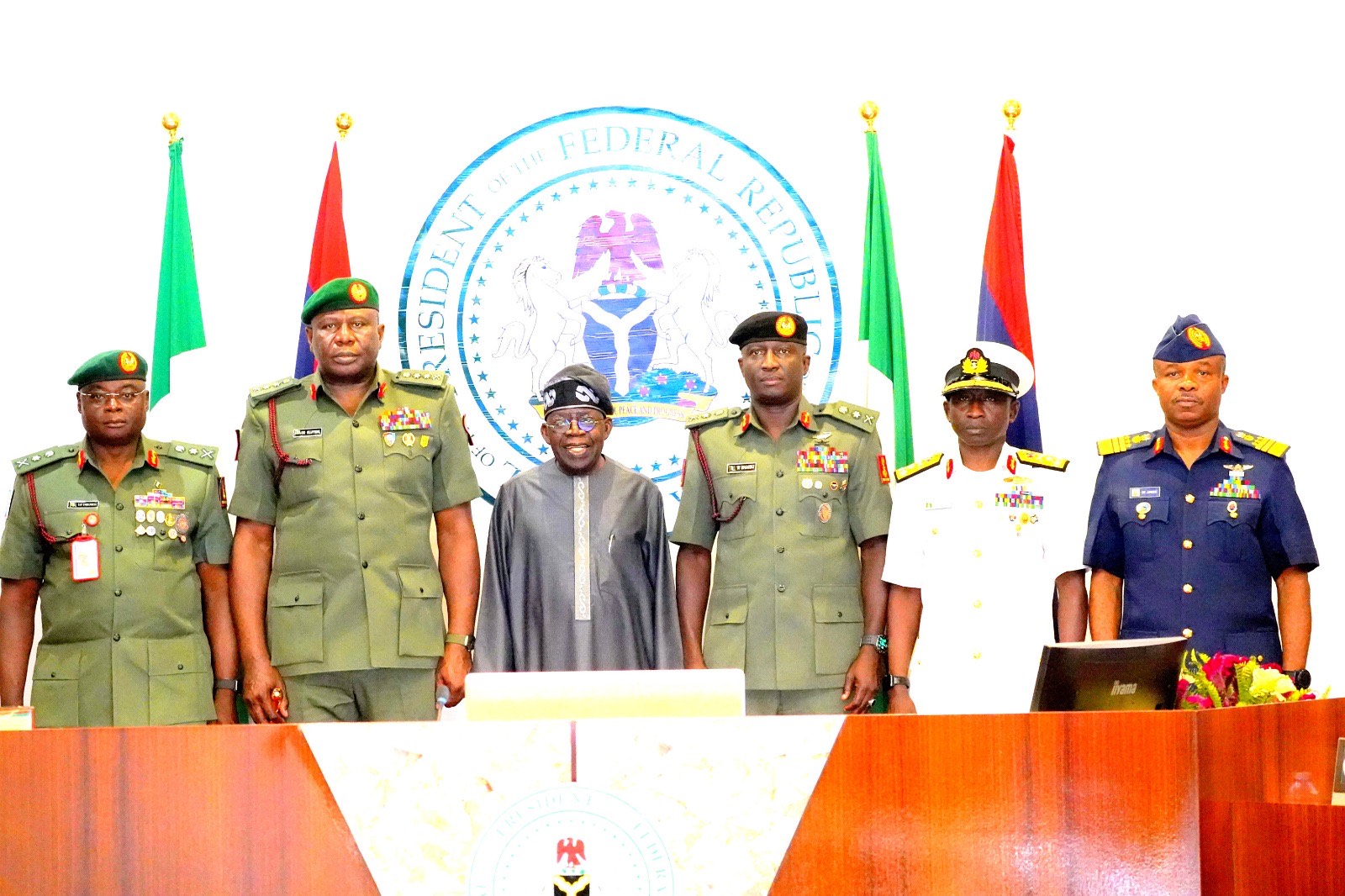


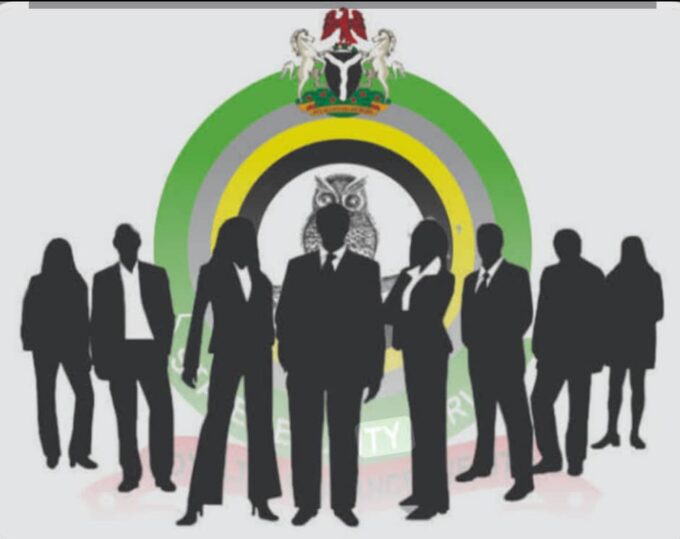
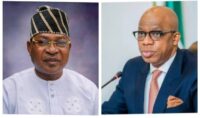
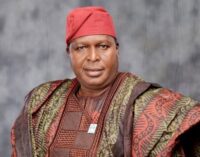
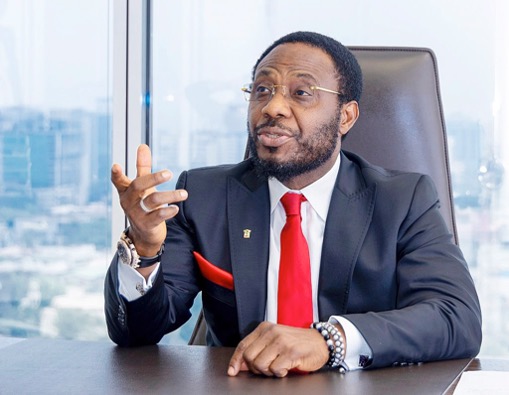

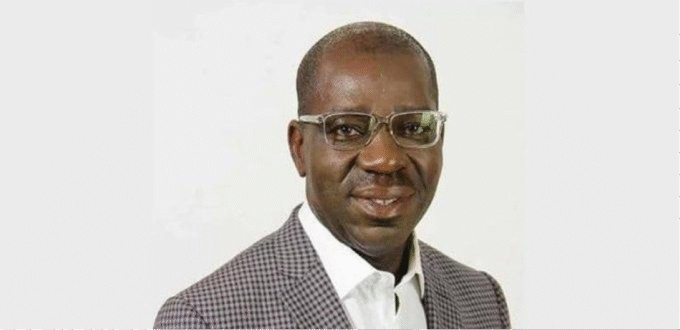



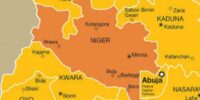
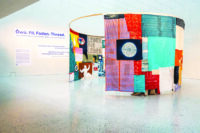
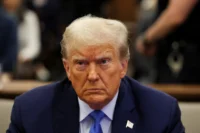
Leave a comment